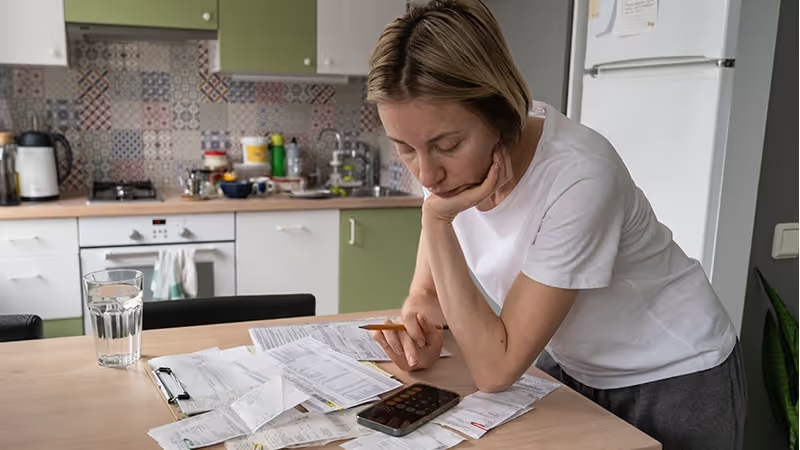House prices dropped in April as buyers paid thousands more in stamp duty, it has been revealed.
The average price of a home currently stands at £270,752, down from £271,316 in March, according to Nationwide.
It means the rate of growth in house prices slowed 0.6% month on month - after taking into account seasonal effects - while the annual rate of growth slowed from 3.9% in April to 3.4% in March.
It said the softening in house prices was expected given the changes to stamp duty at the start of this month.
Stamp duty
Stamp duty increased at the beginning of this month. Zero rate thresholds for main residences dropped from £250,000 to £125,000, while first-time buyer thresholds dropped from £425,000 to £300,000.
Robert Gardner, Nationwide's chief economist, said: “Early indications suggest there was a significant jump in transactions in March, with buyers bringing forward their purchases to avoid additional tax obligations.
“The market is likely to remain a little soft in the coming months, following the pattern typically observed following the end of stamp duty holidays.
“Nevertheless, activity is likely to pick up steadily as summer progresses, despite wider economic uncertainties in the global economy, since underlying conditions for potential home buyers in the UK remain supportive.
“Unemployment remains low, earnings are rising at a healthy pace in real terms (i.e. after accounting for inflation), household balance sheets are strong and borrowing costs are likely to moderate a little if Bank Rate is lowered further in the coming quarters as we and most other analysts expect. Indeed, swap rates (which underpin fixed rate mortgage pricing) have moderated in recent weeks.”
Economic uncertainty
Jeremy Leaf, north London estate agent and a former RICS residential chairman, said: “Not surprisingly, house prices have softened a little now the rush to take advantage of the stamp duty holiday has passed.
“However, most sellers have kept their properties on the market and with approximately four out of five also said to be buyers, activity has been maintained at a higher level than we perhaps dared to hope.
“Looking forward, we anticipate much the same although economic uncertainty will continue to reduce confidence the longer that any much-anticipated cut in interest rates is delayed."















.avif)
.avif)



.avif)
















Comments